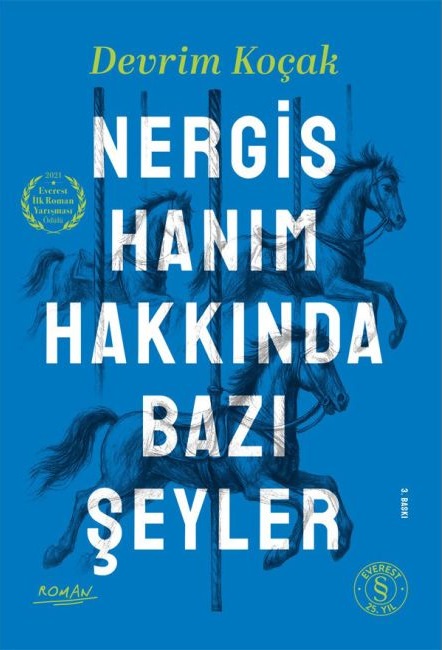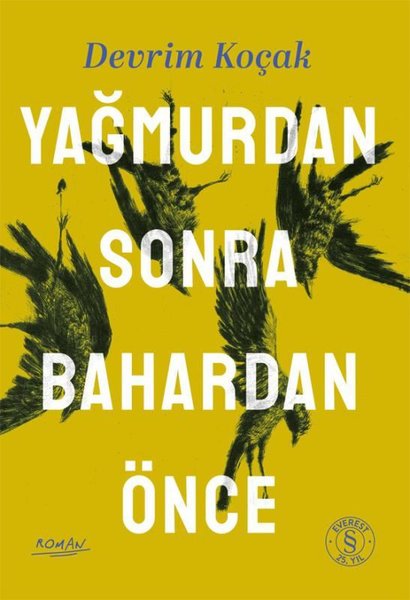Who is Prince Myshkin?
Prince Lev Nikolayevich Myshkin is the main character in Fyodor Dostoevsky’s novel The Idiot, first published in 1869. He is one of Dostoevsky’s most complex and symbolic creations, often seen as a representation of pure goodness and spiritual innocence.
Key Characteristics:
- Innocence and Compassion: Myshkin is deeply compassionate, honest, and trusting, almost to a fault. He is often described as “Christ-like” because of his moral purity and selflessness.
- Naivety: Because of his simplicity and openness, others perceive him as an “idiot”—hence the title of the novel. However, he is actually very intelligent and perceptive in emotional and spiritual matters.
- Epilepsy: Like Dostoevsky himself, Myshkin suffers from epilepsy. His seizures often occur at moments of intense emotional or spiritual experience.
- European Influence: Myshkin returns to Russia at the start of the novel after years in a Swiss sanatorium, which contributes to his detachment from Russian social norms and intrigues.
Role in the Novel:
- Moral Mirror: Myshkin serves as a moral contrast to the corrupt and materialistic society around him. His presence exposes the hypocrisy, cruelty, and emptiness of the people he encounters.
- Tragic Hero: Despite his good intentions, Myshkin’s inability to navigate social complexities and his desire to help everyone ultimately lead to disaster—for himself and for those he loves.
- Relationships: He becomes entangled in a love triangle with two very different women: the passionate and self-destructive Nastasya Filippovna, and the calm, idealized Aglaya Epanchin. His genuine love for both causes emotional turmoil and misunderstanding.
Themes Represented by Myshkin:
- The Conflict Between Goodness and Society: Myshkin embodies the idea that pure goodness may be incompatible with the real world.
- Christianity and Redemption: His character reflects Christian ideals, but the world around him fails to understand or accept them.
- Madness vs. Sanity: The novel explores how society often labels what it does not understand as “madness,” even when it may be a deeper form of wisdom or moral clarity.
Summary:
Prince Myshkin is not an “idiot” in the traditional sense, but rather a profoundly good and sensitive man in a deeply flawed world. His tragedy lies in the impossibility of sustaining such purity in a society driven by ego, greed, and manipulation.
Let me know if you’d like a brief version or quotes from the novel.


